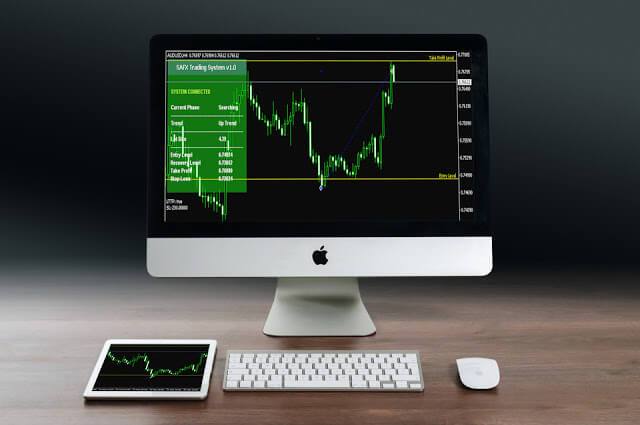Looking to invest in the stock market? Here are the basic stock market terminologies that you should know to understand the stock market better and make winning equity investments.
Why understand Stock Market Terminology?
Whether you are taking the first steps in stock market investing or a seasoned pro, knowledge of the basic industry-specific jargons is a must to help you understand expert analysis and make right predictions on your own.
Knowledge of the basic terminology not only makes you a better investor, but also a successful trader as your comprehension of the stock market grows. It paves the way for helping you learn the relationships between the stock market and national and global economic events.
Here are a few basic Terminologies to help you get started in Stock Market Investing
- Bear and Bull Market
The Bear Market refers to a period when the stock market is in a downward trend. Prices of equities fall consistently in a bear market.
The Bull Market is opposite of a bear market. In a bull market, prices of shares are in an upward trend and increase over a prolonged period.
Bear and bull markets repeat one another. For instance, stocks belonging to a particular sector may be bullish during a particular period and bearish during the following period.
- Buy, Sell, Bid, Ask
Buy – This refers to purchasing shares in a company. Sell refers to the process of selling shares in your hand.
Bid refers to the highest amount you are willing to pay for a stock that you are looking to buy. Ask refers to the amount you are quoting for the stocks that you are looking to sell.
- Share and Shareholder
When you buy a share, you are purchasing part ownership of the company. The share you hold represents your claim on the company’s earnings and assets. The price of the share can fluctuate up and down based on several market factors and economic conditions.
Shareholder refers to an individual, corporation or institutions who own shares in a public or private corporation.
- Stock Exchange
Just like you have different markets to purchase groceries, exchanges act as the markets where you can buy and sell shares. Stock exchanges are the places where buyers and sellers can connect with each other.
The two major stock exchanges in India are the BSE (Bombay Stock Exchange) and NSE (National Stock Exchange).
- Index
There are thousands and thousands of companies listed on a stock exchange. It’s impossible to track each of these stocks to represent the overall market performance. Hence a smaller subset of the stocks is chosen to represent the overall value of the market. This smaller subset is referred to as the market’s index.
The index for the BSE is Sensex, and it consists of 30 popular companies listed on the BSE. The index for the NSE is the Nifty, and it consists of 50 popular companies listed on the NSE.
- Volatility and Liquidity
Volatility refers to how fast a stock price moves up or down. Volatile assets are riskier than less volatile assets.
Liquidity refers to how easily you can buy/sell a stock. When a stock has high liquidity, it means that it can be easily sold and bought. Low liquidity means it’s more challenging to find buyers and sellers.
- Demat and Trading Account
Demat is the short form of “Dematerialised Account.” It’s like a bank account. However, instead of holding money, you store stocks in your Demat account. The trading account is the medium you use to buy or sell shares in the stock market.
The stock market is a vast and large industry, with dozens of terminologies and terms. These seven basic terms will help you get started. And you can learn other terms as you begin investing.












Comments